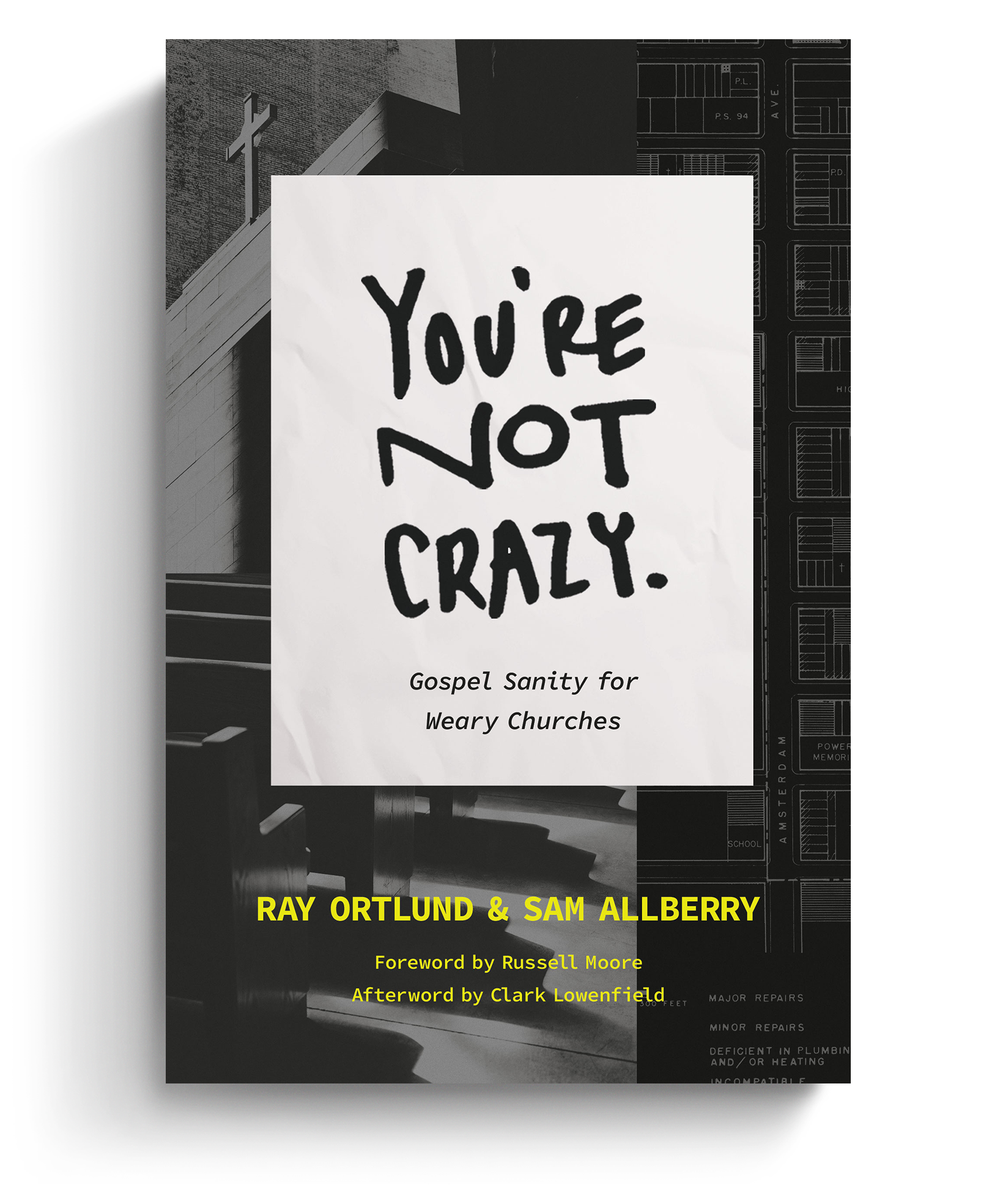TGC’s Spanish site, Coalición por el Evangelio, provides gospel-centered resources for the Spanish-speaking church in Latin America, Spain, and the United States. Originally written by Hispanics for Hispanics, this article opens a window to the Spanish-speaking church, context, and worldview.
For the last two weeks, we have been working together with the National Latino Evangelical Coalition Evangelical Immigration Table to create strategies to help the more than 50,000 Hispanic children who have crossed the border in the last few months. The U.S. government has asked for help from the church and from humanitarian organizations to work to solve this crisis. Here in Oklahoma, they are detaining more than 1,200 children within the military facilities at Fort Sill in Lawton, and we have been granted permission to visit them and serve them. Unfortunately, I have seen media reports of politicians who have reacted angrily toward this situation. Much to my surprise, many religious leaders have responded likewise. I heard one pastor say, “They are breaking the law, so why should the church help these criminal children?” I confess that hearing this response surprised me, saddened me, and upset me.
However, we need to ask, “Why do these parents feel the need to send their children to the United States?” The answer is not simple. We must understand that in many Latin American countries violence is rampant and governments are corrupt. Too often, parents cannot find sufficient work, and there is not enough food to feed their children. Drug trafficking and usage have created unstable and insecure conditions. Parents are desperate for a better future for their children. A Christian can find purpose in God and solace in the midst of adversity, but among the majority who do not have Christ, some see migration as a means of salvation.
The principal New Testament text relating to government authorities is Romans 13. Does Romans 13 give unlimited power to the government to do what they want? History tells us that many notorious dictators and abusive governments have used Romans 13:1-5 out of context to abuse the power entrusted to them.
As a church, we are not called to condemn or to despise these children, even if they have broken the law. From my humble point of view, these children should be treated as refugees. For those of us who call ourselves Christians, the Bible tells us to welcome the stranger.
For the LORD your God is God of gods and Lord of lords, the great, the mighty, and the awesome God, who is not partial and takes no bribe. He executes justice for the fatherless and the widow, and loves the sojourner, giving him food and clothing. Love the sojourner, therefore, for you were sojourners in the land of Egypt (Deuteronomy 10:17-19).
I was hungry and you gave me food, I was thirsty and you gave me drink, I was a stranger and you welcomed me, I was naked and you clothed me, I was sick and you visited me, I was in prison and you came to me” (Matthew 25:35-36).
Martin Luther, at the crucial moment when he was told to retract his teachings against the Roman Catholic Church, said, “My conscience is held captive by the Word of God. And to act against conscience is neither right nor safe.”
For that reason, the questions should not be, “Are we just allowing illegal entry?” Based on what God establishes in his Word, as a church and as Christians, the question should be, “Are we welcoming the stranger?”
Do not forget that, as Christians, our citizenship is not of this earth. One day, instead of being in the United States, we will be in the presence of God, where no one will be a foreigner but all wil enjoy citizenship in God’s eternal kingdom (Ephesians 2:12-14).
[1] If you are interested in serving the children at Fort Sill in Lawton, Oklahoma, please contact me at fcabrera [@] qsbc.org or call 405.412.6129. We need attorneys, counselors, caseworkers, and translators.
Are You a Frustrated, Weary Pastor?
 Being a pastor is hard. Whether it’s relational difficulties in the congregation, growing opposition toward the church as an institution, or just the struggle to continue in ministry with joy and faithfulness, the pressure on leaders can be truly overwhelming. It’s no surprise pastors are burned out, tempted to give up, or thinking they’re going crazy.
Being a pastor is hard. Whether it’s relational difficulties in the congregation, growing opposition toward the church as an institution, or just the struggle to continue in ministry with joy and faithfulness, the pressure on leaders can be truly overwhelming. It’s no surprise pastors are burned out, tempted to give up, or thinking they’re going crazy.
In ‘You’re Not Crazy: Gospel Sanity for Weary Churches,’ seasoned pastors Ray Ortlund and Sam Allberry help weary leaders renew their love for ministry by equipping them to build a gospel-centered culture into every aspect of their churches.
We’re delighted to offer this ebook to you for FREE today. Click on this link to get instant access to a resource that will help you cultivate a healthier gospel culture in your church and in yourself.





























